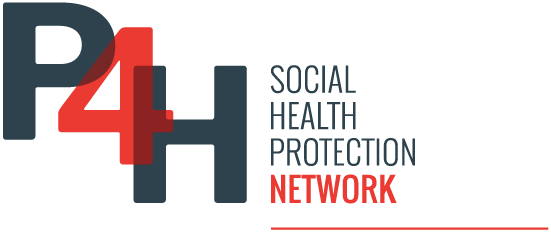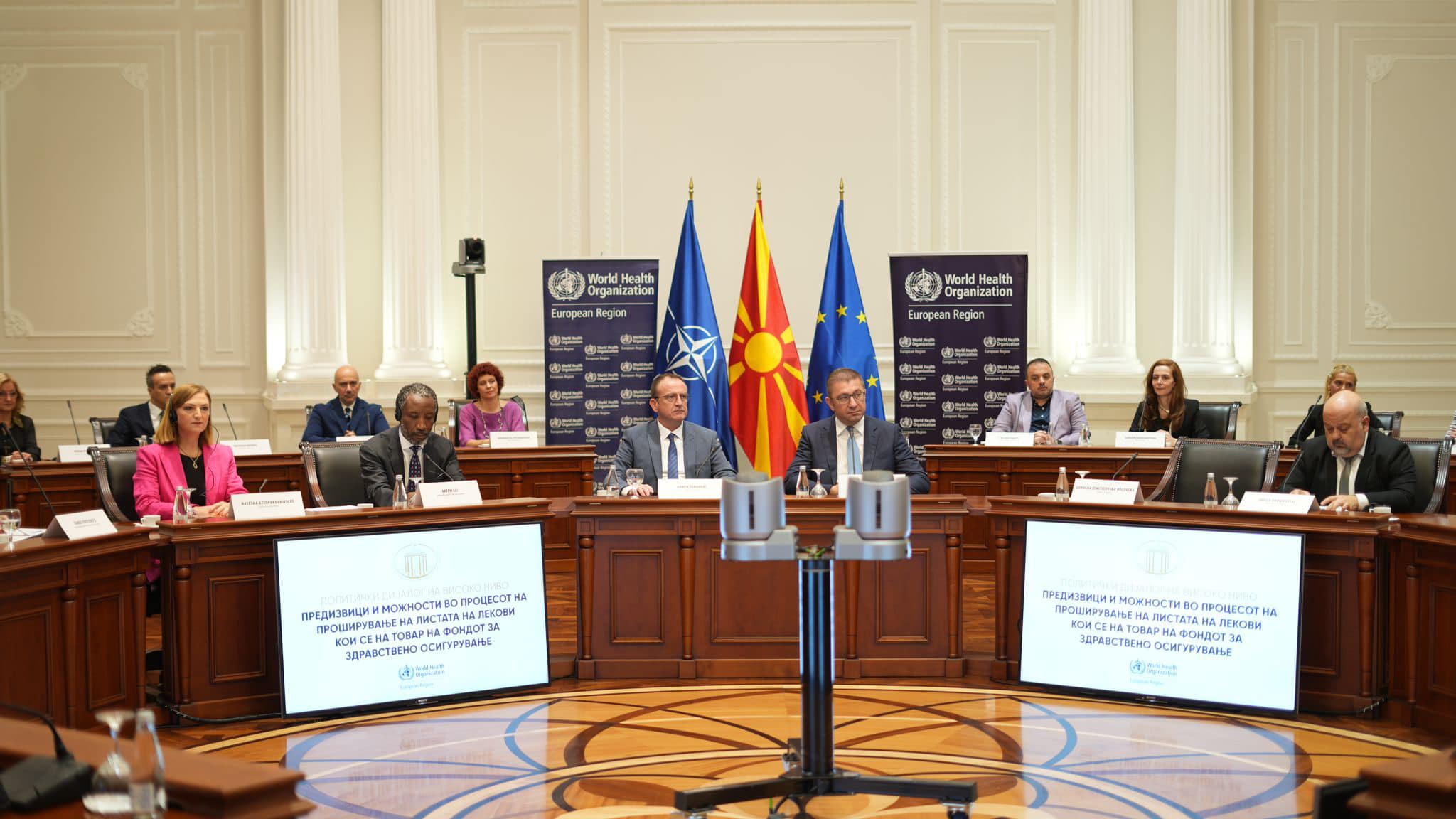North Macedonia expanded the positive list of medicines by adding 9 generic medicines, equivalent to 87 medicine names for blood pressure, heart disease, anti-platelet agents, drugs for the treatment of depression and dementia. Health Minister Dr Taravari thanked WHO for their support in this work.
The Ministry of Health of North Macedonia reviewed and expanded the positive list of medicines by adding 9 generics, equivalent to 87 drugs in different forms, strengths and packaging, including those for for blood pressure, heart disease, anti-platelet agents, drugs for the treatment of depression and dementia. The Positive List has been established as a mechanism to determine which medicines are fully or partially reimbursed by the national health insurance, and its revision promises to alleviate the financial burden on patients who have long faced high out-of-pocket costs for outpatient medicines.
On September 11, 2024, the Government of the Republic of Macedonia held an event dedicated to the positive list of medicines. As reported by WHO, the meeting brought together some of the country’s most influential political and health-care figures to address the persistent funding challenges that complicate the consistent addition of innovative medicines to the Positive List. Despite conditional budgets and support from the Health Insurance Fund, the allocation remains insufficient, making it difficult to keep pace with the need for newer, high-cost medicines.
Hristijan Mickoski, Prime Minister of North Macedonia, underlined the significance of the update, calling it a critical achievement in the Government’s efforts to ensure health-care equity and stated:
This update demonstrates our dedication to addressing long-standing issues in the health-care system, but we must continue our efforts to ensure that all citizens have access to the medicines they need without facing financial hardship.
Dr Arben Taravari, Minister of Health, explained that it is crucial to foster deeper cooperation between the competent institutions and all key stakeholders and said:
It is crucial to promote joint interdepartmental cooperation within the government and involve all relevant institutions in joint efforts for better access to medicines… This joint approach will allow us to more effectively address existing challenges and implement sustainable solutions. Indeed, the recent revision of the positive list is proof of our commitment, but it is just the beginning. It’s about more than politics – it’s about people.
The Ministry of Health concluded this was a significant relief for patients, which will leave a total of one million euros with citizens.
WHO representative Dr Natasha Azzopardi Muscat praised North Macedonia’s progress, highlighting the Positive List revision as a crucial step towards achieving universal health coverage. WHO remains committed to supporting the country’s efforts to strengthen its health-care system, particularly in the area of pharmaceuticals.
On October 17, 2024, Dr. Arben Taravari, Minister of Health, had an online meeting with Dr. Hans Kluge, WHO Regional Director for Europe, where he noted cooperation with WHO as excellent:
I express special gratitude for a series of projects implemented with the support of WHO in public health institutions across the country. Gratitude for the work also goes to my colleagues from WHO in Skopje, led by Dr. Akim Ali, head of the office.As a result of the support so far, in the past period we have jointly changed the positive list of medicines, thus making a huge step forward in improving healthcare.
The Ministry is now preparing a Cooperation Strategy for 2026-2030 between WHO and the strategy.
Earlier, on July 19, 2024, newly appointed Minister of Health, Arben Taravari, discussed the possibilities for expanding the Positive List with innovative medicines at a meeting held with the Director of the Health Insurance Fund, Dr. Aleksandar Klekovski, representatives of an association of innovative pharmaceutical manufacturers Pharamabrand-Nova, representatives of the American Chamber of Commerce, and representatives of the Positive List of Medicines Commission. They also discussed “special agreements” as an efficient tool for reducing the prices of innovative medicines, which would enable greater availability of these medicines for the needs of patients.


